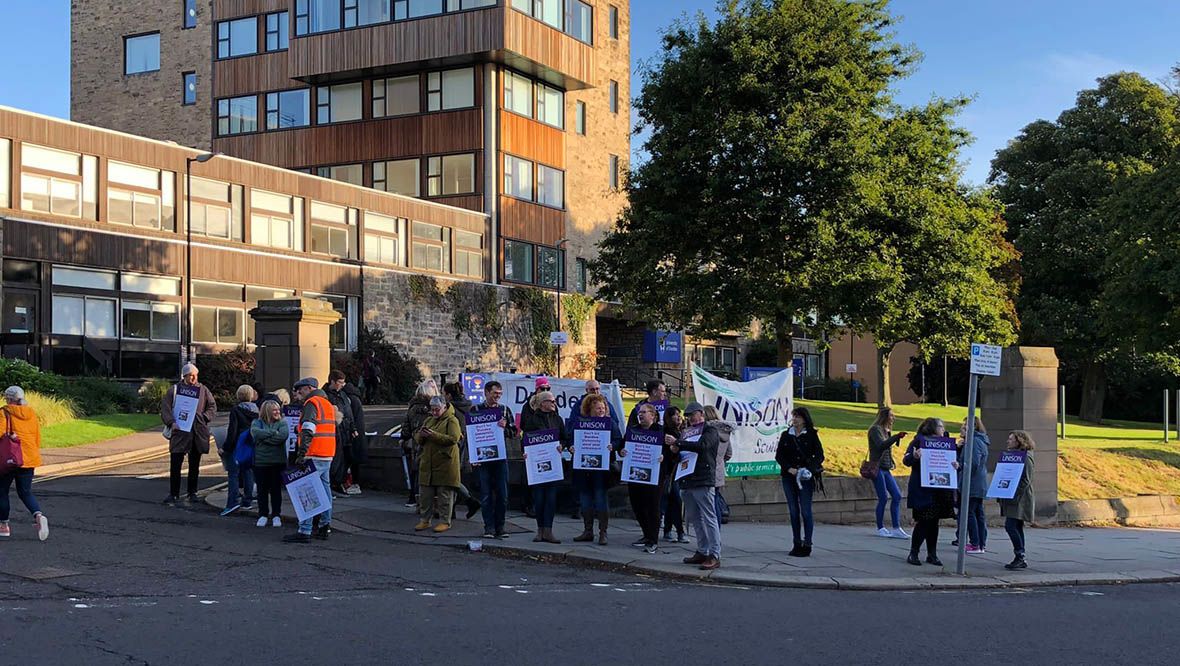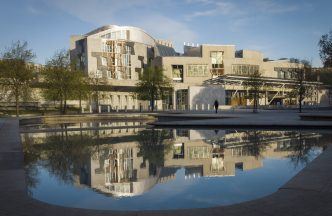The pandemic created a different, and often tougher, working environment for people across sectors in Scotland.
Many of us shifted from in-person to online working seamlessly, but for others, such as those in the higher education sector, the transition came with unique challenges that had to be resolved in a record amount of time.
As an academic, I’ve had to deal with navigating new technology, spend time working out how to record and deliver lectures virtually, deal with a lack of infrastructure, training, student anxiety, and general uncertainty about when the pandemic would end.
Academics weren’t alone. The high-stress roles many frontline workers hold, coupled with the unique and uncertain challenges of the pandemic, caused huge psychological impact, and still the vast majority of people were ploughing on, balancing work with things like childcare, all to keep their jobs and keep the country running as usual.
But we are now paying for it. I have never heard the word “burnout” so much in my life. That’s the feeling you get when you’ve given something your all and literally have nothing left to give. It’s that feeling of knowing what you are doing to yourself is incredibly unhealthy, and yet you can’t find a way to stop.
Strangely, working this way seemed reasonable – horrible – but reasonable given the circumstances of the pandemic and for what most of us thought would probably be temporary. Yet, here we are, still working tirelessly and feeling more undervalued than ever.
Like much of the public sector, academia has fallen victim to further pay and pension cuts. These were already happening pre-Covid but have become exacerbated and, for some, too much to stomach following the pandemic, leading to a record number of people now leaving the sector entirely.
The University Colleges Union (UCU) has held strikes for four years consecutively and yet nothing has changed. Instead, we see more pay cuts, an increase in the gender and ethnicity pay gaps, and more casual contracts. Most recently, university vice-chancellors voted down a pay increase of above 3% for their staff. In real terms, that’s a pay cut of 7% that’s been following a ten-year trend of falling pay below the rate of inflation. Unsurprisingly, 93% of UCU members have voted for more strike action later this year.
In fact, we are hearing about more potential strike action for public sector workers across various sectors; health, social care, and education. That’s because people are overworked and undervalued. The way we are currently living and muddling through is fundamentally not sustainable, and our reward for the last couple of years has been a catastrophic increase in the cost of living.
As younger generations who have just started out in the job market will be able to relate to, the concern is that this level of work is going to become the new normal.
In the early days of the pandemic, we were told the need to “build back better”, yet for most of us we have built back worse; pay, conditions, workloads and cultures have worsened. The strike actions we see now, and the potential of more, are a consequence of a society of workers who are tired of being let down after having selflessly given so much of themselves.
When will public sector workers get the change they deserve?
Dr Zayba Ghazali-Mohammed is a lecturer in psychology at the University of Glasgow. Her research focuses on developmental psychology, digital education, and inclusive pedagogical practice in higher education.
Follow STV News on WhatsApp
Scan the QR code on your mobile device for all the latest news from around the country


 Unison
Unison

























